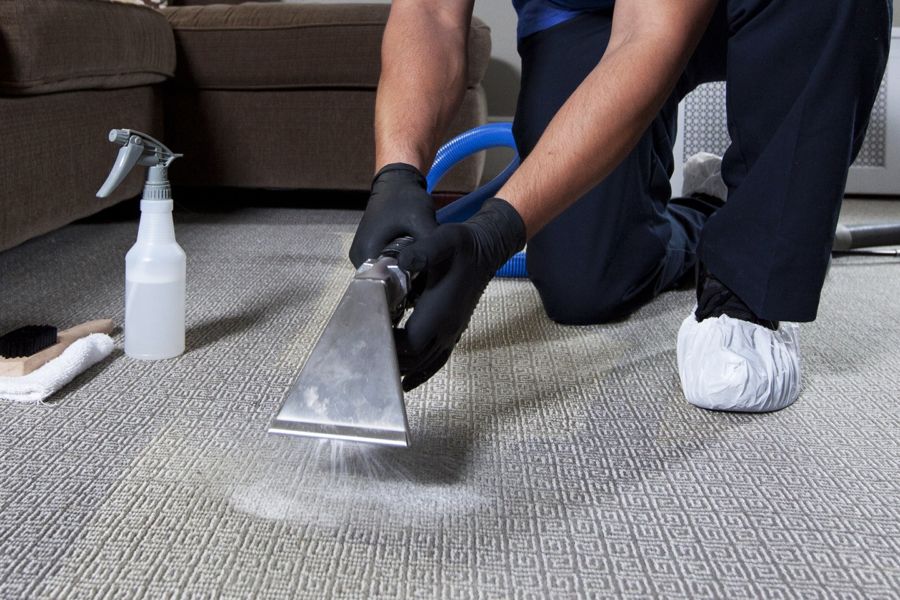Unlocking the Power of Hydrogen Peroxide: Does It Truly Combat Mould

Mould is a persistent and unwelcome guest in many homes and commercial properties, especially in areas with high humidity or inadequate ventilation. Its presence can lead to health issues and damage to surfaces. One popular remedy that has been touted for mould removal is hydrogen peroxide. But the question remains: Is it true – does hydrogen peroxide kill mould? Let’s delve into the science and practicality of using hydrogen peroxide for mould remediation.
Also Read:- Mould Testing for Sydney’s Commercial and Residential Properties
Hydrogen Peroxide: A Mould Combatant?
Hydrogen peroxide is a versatile chemical compound known for its antiseptic properties. Its effervescence and oxidizing nature make it effective against various pathogens, including bacteria, viruses, and fungi. Research has shown that hydrogen peroxide can indeed kill mould spores when applied correctly. Its oxidizing nature breaks down the cellular structures of mould, effectively neutralizing it.
Advantages of Hydrogen Peroxide Over Other Methods:
- Eco-Friendly: Unlike bleach and other chemical-based mould removers, hydrogen peroxide decomposes into water and oxygen, leaving no harmful residues behind.
- Safe for Surfaces: Hydrogen peroxide is less abrasive than bleach, making it suitable for a variety of surfaces without causing discoloration.
- Deep Penetration: The effervescence of hydrogen peroxide allows it to penetrate porous surfaces, reaching mould that might be hidden from the naked eye.
Are There Any Negatives to Its Use?
While hydrogen peroxide is effective, it’s not without its drawbacks:
- Concentration Matters: Not all hydrogen peroxide solutions are created equal. A 3% solution, commonly found in drugstores, might not be potent enough for severe mould infestations.
- Temporary Solution: Hydrogen peroxide can kill surface mould, but if the root cause of the mould (like persistent dampness) is not addressed, the mould can return.
- Possible Irritation: Direct contact with hydrogen peroxide can cause skin irritation. It’s essential to use gloves and ensure proper ventilation during the cleaning process.
Hydrogen Peroxide vs. Other Methods
While hydrogen peroxide is a formidable foe against mould, it’s essential to compare it with other methods. For instance, mould testing Melbourne and Sydney services might recommend specific mould removal techniques based on the type and extent of mould infestation. It’s always advisable to consult with professionals, such as The Mould Doctor, before deciding on a mould removal method.
Conclusion
In the battle against mould, hydrogen peroxide emerges as a potent weapon. Its eco-friendly nature, combined with its efficacy, makes it a preferred choice for many. However, it’s crucial to use it correctly and safely. Remember, while hydrogen peroxide can address the symptom (mould growth), addressing the cause (like leaks or poor ventilation) is vital for a long-term mould-free environment.








